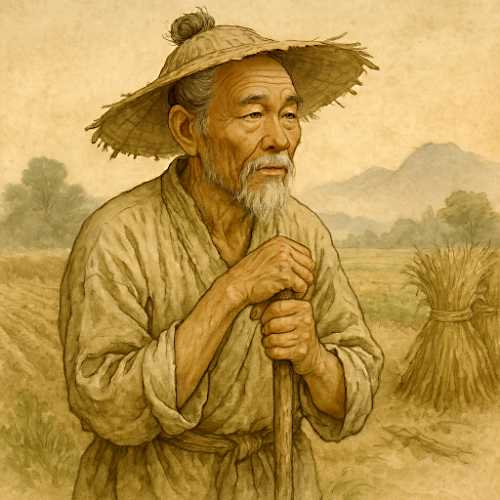The Silent Danger:
Why You Might Not Know You Have High Blood Pressure
High blood pressure has earned the nickname “the silent killer” for a reason: most people feel no warning signs. Unlike a fever or a rash, it often brings no discomfort—until serious damage is already underway. That’s what makes it so dangerous. You may feel fine while your heart, brain, and kidneys are quietly under stress.
Hypertension, as it's formally called, is diagnosed when blood consistently pushes too hard against your artery walls. Over time, that pressure can lead to heart disease, stroke, kidney damage, and vision problems. Yet in many cases, the first sign a person receives is a medical emergency.
High blood pressure is more common than many people realize. According to data from the U.S. Centers for Disease Control and Prevention (CDC), nearly 1 in 2 adults—approximately 48%—have hypertension or are taking medication to manage it. The risk rises with age: about 1 in 5 adults aged 18 to 39 have high blood pressure, but that number climbs to more than 3 out of 4 by age 65. Men are more likely to develop hypertension at younger ages, but after menopause, women often catch up or exceed men in prevalence. Among racial groups, Black Americans have the highest rates, with earlier onset and more severe complications, highlighting the importance of early screening and tailored care.
But don’t most people get symptoms?
Contrary to popular belief, symptoms like headaches, dizziness, or flushed skin are not reliable indicators of high blood pressure. These can occur in other conditions, or not at all. In fact, many people with dangerously high readings feel energetic, clear-headed, and healthy. That's why doctors emphasize regular measurement—not relying on how you feel.
Risk factors include the usual suspects: a high-salt diet, lack of exercise, weight gain, smoking, and long-term stress. But even lean, active individuals can develop high blood pressure, especially with age or a family history. Western medicine recommends regular screening starting in adulthood, with home monitors increasingly accurate and affordable. Tracking your own numbers a few times a month can reveal patterns long before symptoms appear.
From a traditional Chinese yangsheng perspective, this invisibility aligns with the idea of imbalance before illness. Traditional Chinese medicine teaches that disease begins subtly—through patterns of excess or deficiency—long before physical pain or symptoms develop. That’s why daily habits matter. Late nights, emotional agitation, and irregular meals can slowly weaken the system, even if you feel productive and alert.
So what can you do?
Make blood pressure checks a part of your self-care, just like brushing your teeth. Keep your lifestyle steady: eat regular meals, move every day, sleep before midnight. You don’t need to overhaul your life overnight—but don’t wait for a “warning sign” that may never come. Prevention only works if we act before the damage is done.


